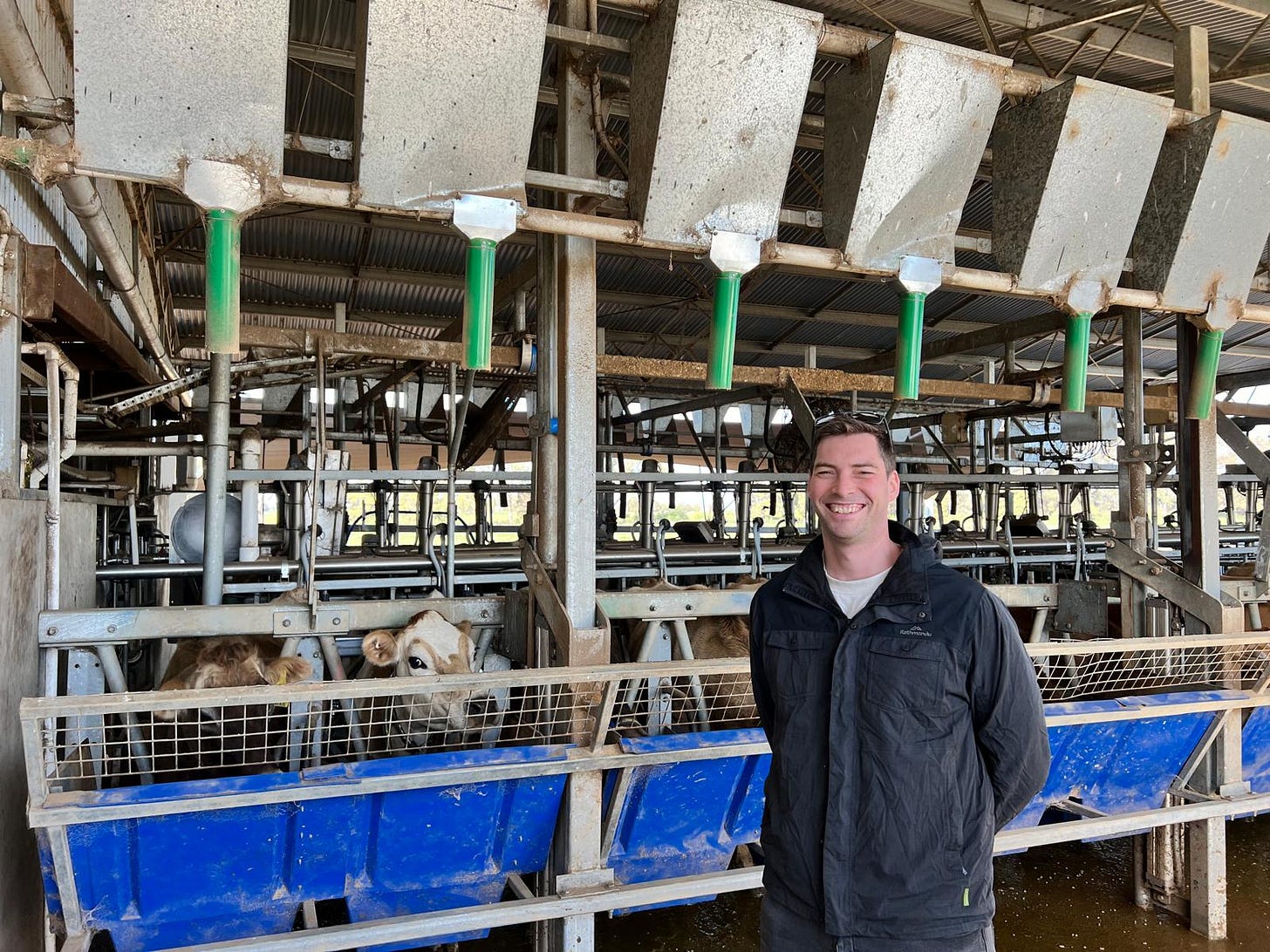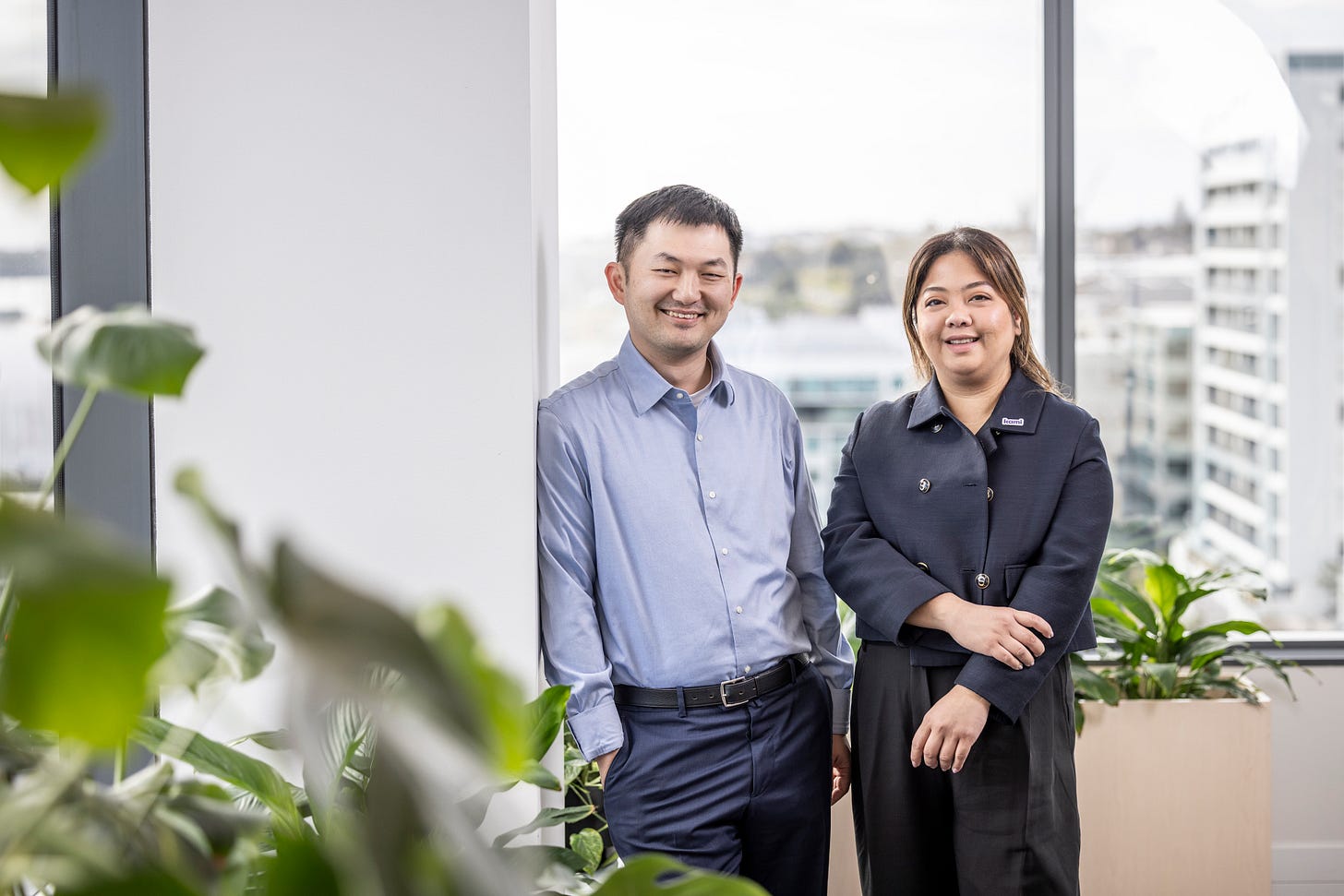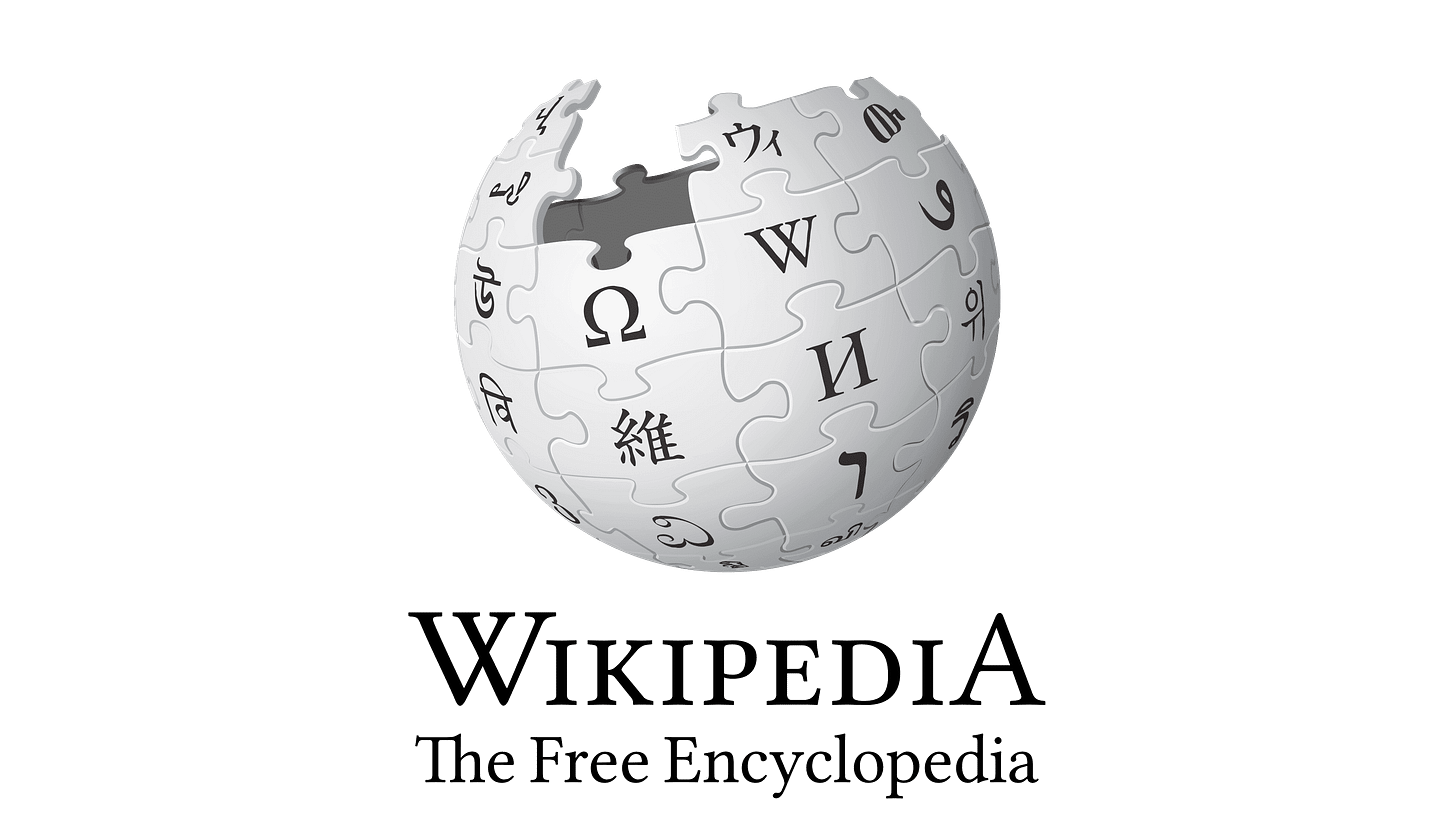Number 8 Bio secures $11m Series A funding
Plus: Kami co-founders lead $1.2m funding round in fellow edtech
Kia ora Caffeinators,
Welcome to the middle of the week - hope you’ve made roughly half the progress you wanted to this week. I know I haven’t, but that’s another story. Fortunately there are some great examples of Kiwi startups achieving big things in today’s Daily Shot.
Here’s what’s brewing:
Methane-reducing feed startup raises $11m toward NZ regulatory approval
Kami co-founders lead $1.2m funding round in Komodo
Event: New Zealand International Business Awards (NZIBA)
How much of your AI response comes from Wikipedia?
Nick and the CAFFEINE team
Number 8 Bio secures $11m Series A funding for NZ regulatory approval: To boil it down to one sentence, Number 8 Bio makes animal feed that stops cows burping so much. In trials, its BetterFeed product reduced methane emissions by up to 90%. Remarkable stuff.
Kiwi co-founder Dr Tom Williams says, “Every burp represents lost nutrition. Up to 12 per cent of what farmers feed their animals is literally disappearing into the air. That’s inefficiency, and inefficiency is exactly where innovation should start.”
The raise was led by Icehouse Ventures, and will accelerate BetterFeed’s path to market in New Zealand and Europe. Icehouse Principal Mason Bleakley says methane reduction is the “holy grail” of agriculture, and while many try, the commercialisation of a solution is the big challenge. “Most efforts fail at the first hurdle: making a business model that works. When I met Tom, it was clear that Number 8 Bio was a startup with the economics figured out,” he says.
Call me naive, but if $11m is the going rate for regulatory approval then jeez that’s a roadblock isn’t it? I hope for their sake there’s at least some left over.
Kami founders create family office, lead $1.2m Series A in Komodo: If you thought you’d seen the photo above a few times lately, you’d be right. By my count, we’ve featured Kami co-founders Alliv Samson and Hengjie Wang at least twice times in the last few months as they keep making each post a winner. And they’re at it again.
They’ve launched their family office, Hiraya Ventures, and announced a leading role in a $1.2m pre-series A in another edtech platform, Komodo. This is an awesome example of collaboration from one Kiwi startup to another, with Hengjie taking a seat on the Komodo board and no doubt offering all sorts of relevant insights.
Komodo co-founder Chris Bacon sums it up pretty well: “Welcoming Hiraya Ventures on board as partners brings immeasurable value. We have major global ambitions, with no signs of slowing down, currently operating in hundreds of schools across more than 30 countries. Learning from Hengjie and Alliv, who successfully scaled Kami into the US, UK and many other markets, will help us accelerate Komodo’s momentum overseas.”
Event: New Zealand International Business Awards (NZIBA): No doubt this is already in the diary for many of you, but it can’t be a bad thing to plug one of the biggest nights of the year in New Zealand business.
These awards are more than 50 years old, and previous winners form one hell of an honour roll. Let’s face it, there’s been plenty of struggle in 2025, but there’s also plenty of good stuff worth recognising.
It’s a marquee event for our best performing businesses, and a pretty good room to be in if you’re one to leverage these kinds of opportunities. Tickets are still available - more info here.
How much of your AI response comes from Wikipedia? That is the million dollar question, with Wikipedia going public with a request for AI developers to use its content “responsibly” - whatever that means.
This is reportedly all part of Wikipedia’s plan to stay in business in the AI era. It seems AI products might be doing that thing we were all told NOT to do as students, and scraping Wikipedia for (free) content without it being properly verified.
The bit that makes me laugh though, is Wikipedia’s issue isn’t so much with the voracity of the content supposedly being used (unlike my university lecturers), but more about it not being credited or paid for. “For people to trust information shared on the internet, platforms should make it clear where the information is sourced from and elevate opportunities to visit and participate in those sources,” it says. So next time ChatGPT cites Wikipedia as a source for your response, all good then, right?
That’s it for today, thanks for reading. Want to get in touch with a news tip, bit of feedback or just to chat? Email hello@caffeinedaily.co








